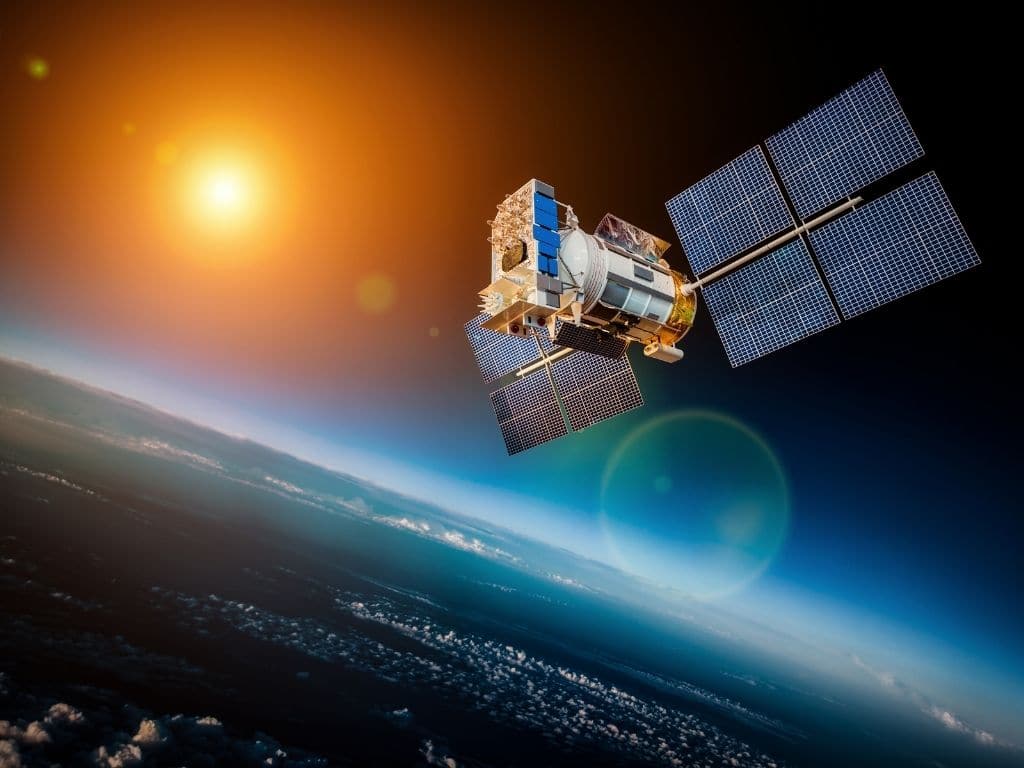The Prospects for Solar Energy in Space Exploration and Colonization

The prospects for solar energy in space exploration and colonization are promising, with solar power playing a crucial role in supporting long-duration missions, enabling sustainable space habitats, and advancing space exploration objectives. Here are some key aspects of how solar energy is expected to contribute to space exploration and colonization:
Power Generation: Solar energy is a primary power source for spacecraft and satellites, providing electricity for propulsion systems, scientific instruments, communication devices, and life support systems. Solar panels, also known as solar arrays, convert sunlight into electrical power using photovoltaic (PV) technology, offering a reliable and renewable energy solution for space missions.
Extended Mission Lifetimes: Solar energy enables extended mission lifetimes by providing continuous power generation throughout the mission duration, even in the absence of other energy sources such as batteries or fuel cells. Solar-powered spacecraft can operate for years or even decades in orbit around celestial bodies, enabling long-duration scientific investigations, telecommunications, and navigation services.
Spacecraft Propulsion: Solar energy can be used to power electric propulsion systems, such as ion thrusters, which provide efficient and low-thrust propulsion for spacecraft maneuvering, orbit adjustments, and interplanetary travel. Solar-electric propulsion (SEP) systems leverage solar power to ionize propellant gases and produce thrust, enabling missions to explore distant destinations with reduced fuel requirements and shorter travel times.
Planetary Exploration: Solar energy supports planetary exploration missions by providing power for rovers, landers, and scientific instruments deployed on the surface of celestial bodies, such as the Moon, Mars, and asteroids. Solar-powered rovers, such as NASA's Mars rovers Spirit, Opportunity, and Perseverance, conduct surface exploration, sample collection, and geological investigations to study planetary environments and search for signs of life.
Lunar and Martian Colonization: Solar energy is essential for establishing sustainable habitats and supporting human colonization efforts on the Moon, Mars, and other celestial bodies. Solar panels can provide electricity for life support systems, habitat heating and cooling, water purification, oxygen generation, food production, and other essential functions, enabling long-term human presence and self-sufficiency in space habitats.
Space-Based Solar Power: Space-based solar power (SBSP) involves capturing solar energy in space and transmitting it wirelessly to Earth or other locations for power generation. SBSP systems, such as solar power satellites (SPS), could provide abundant and continuous solar power to Earth, complementing terrestrial solar energy sources and addressing energy needs on a global scale.
Interstellar Travel: Solar energy could play a role in future interstellar travel concepts by providing power for spacecraft propulsion, life support systems, and onboard equipment. Advanced solar sail technology, which uses sunlight pressure to propel spacecraft, could enable interstellar missions by harnessing the momentum transfer from solar photons for acceleration and deceleration.
Overall, solar energy offers significant potential for advancing space exploration and colonization efforts by providing reliable, sustainable, and versatile power solutions for spacecraft, habitats, and missions throughout the solar system and beyond. As technology advances and space exploration capabilities expand, solar energy is expected to play an increasingly important role in enabling humanity's exploration and settlement of space.
Thank you,